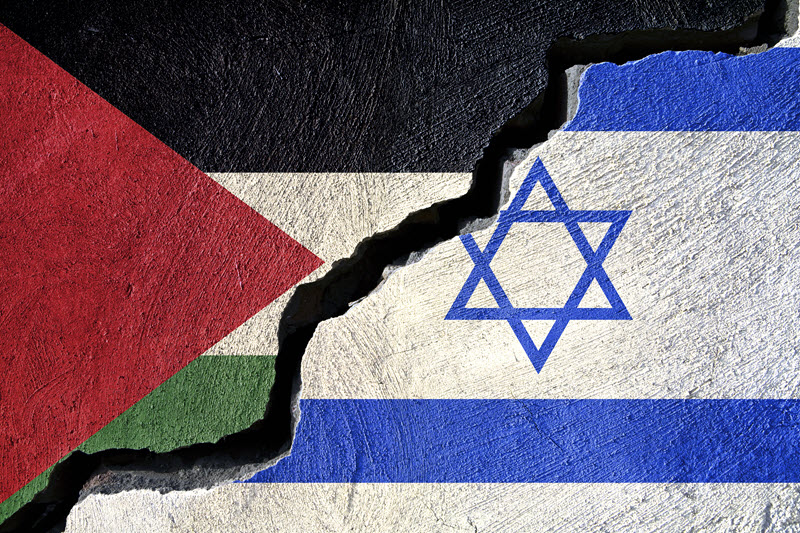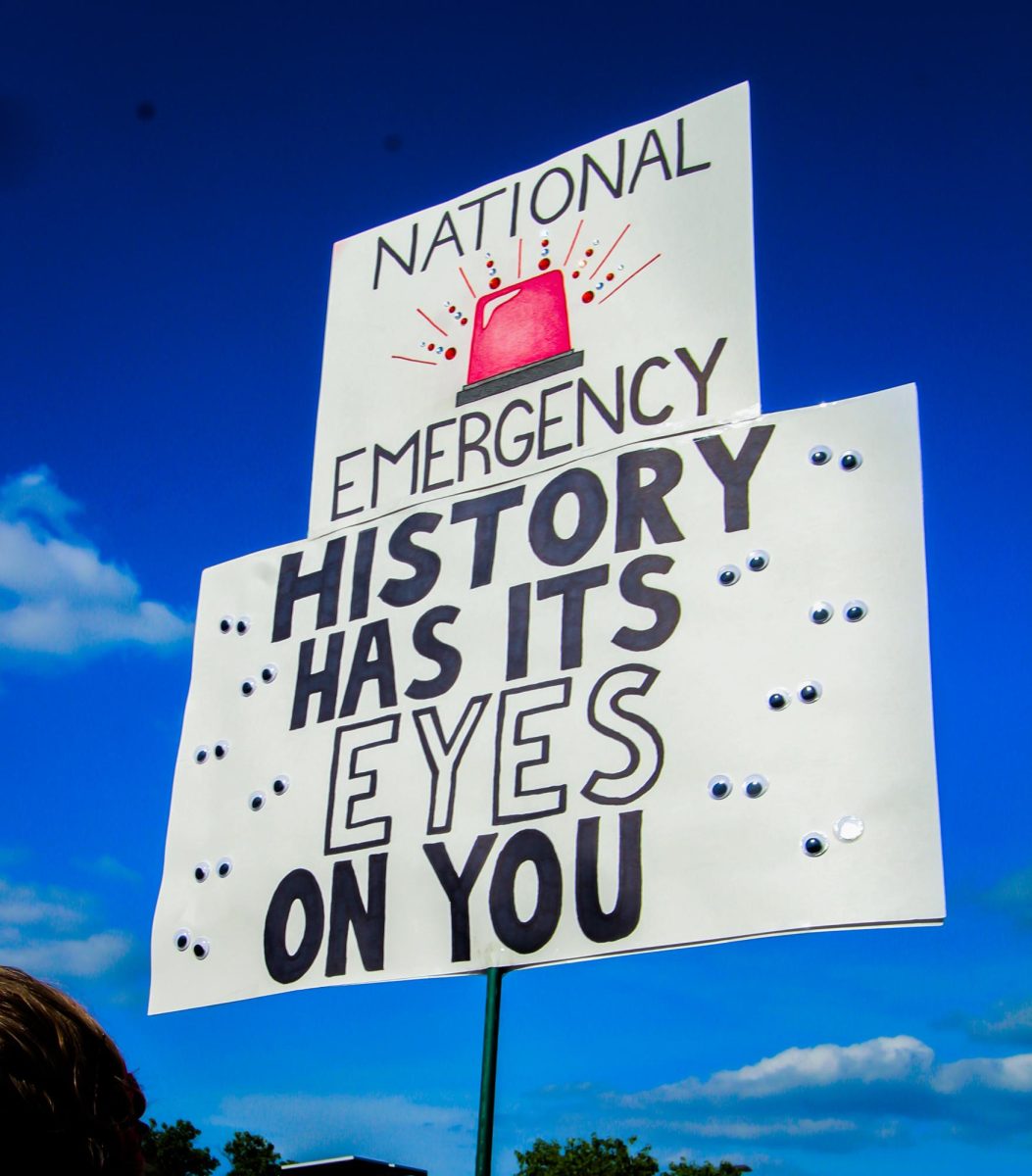The ongoing conflict between Palestine and Israel has caused a deep divide among the general public, especially in the United States. Celebrities and businesses are being pressured to take sides, and everyday citizens are urging each other to boycott businesses and celebrities who support the opposing view.
Protests have turned violent and frightening, as seen in the case of Paul Kessler, a Jewish man who died after being hit on the head with a megaphone by a pro-Palestinian protester. The feud between Israel and Palestine is long and complicated, with both countries doing terrible things, so why are people choosing to support one country over the other? Is it misinformation? Is it racism? Or perhaps religion? Or is there actually a “right side” to the war?
After Israel took control of both the Gaza Strip and the West Bank, the tension between the Arabs and the Israelis intensified. Over the years, both groups have argued over religion (Judasim and Islam) and especially land. The conflict came to a breaking point when Hamas attacked Israel on October 7, 2023 leading Israel to declare war on Palestine. Before the war broke out, there were many instances of violence committed by both sides. For example, in 2004, Israel killed Hamas’ founder, and on the other hand, there was a situation where Hamas kidnapped and murdered two Israeli soldiers.
According to multiple sources like Imeu.org, says that Israel has a long and documented history of making false and misleading accusations to deflect from their responsibility in this conflict. For example, Israeli officials have claimed that Hamas raped women during the October 7th attack, but on October 10th, the Institute for Middle Eastern Understanding reports that “an Israeli military spokesperson told a journalist from the Forward, Arno Rosenfeld, that Israel ‘does not yet have any evidence of rape having occurred during Saturday’s attack or its aftermath.’”
Consequences
Melissa Barrera:
Pro-Israel and Pro-Palestine supporters have both suffered consequences for speaking out. For example, Melissa Barrera, one of the lead actresses in the new additions to the Scream franchise, has been fired for tweeting about her beliefs on the war.
Soon after Melissa Barrera’s firing was announced, news of her co-star and friend Jenna Ortega leaving the iconic franchise was announced. Although, it is said that Jenna Ortega left due to scheduling/time constraints with her hit series Wednesday, many believe that she left in support of Melissa Barrera. Currently, there are rumors swirling about, saying that Ortega and Barrera will be replaced by two Israeli actresses in the seventh installment of the Scream franchise.
Susan Sarandon: The Academy Award-winning actress was dropped by her talent agency, United Talent Agency, for making pro-Palestinian comments that were deemed anti-Semitic. The actress later apologized for her statements on an Instagram post, “This phrasing was a terrible mistake,” she said, “as it implies that until recently Jews have been strangers to persecution, when the opposite is true.”
Noah Schnapp: The actor well-known for his role as Will Byers on the hit Netflix series Stranger Things, has received backlash from the public due to pro-Israel comments. A video of Noah engaging in pro-Zionism paraphernalia has gone viral, resulting in fans of the show calling for a boycott of the fifth and final season of Stranger Things. Unlike Barrera and Sarandoran, Noah Schnapp did not get fired or face backlash from Hollywood, instead most of the backlash has been from the public.
Conclusion
The Israeli and Palestinian conflict has a long and complicated history. With religion, race, and politics thrown into the mix, people should do their research when deciding who to support – if they even choose to support either side. People should develop their own opinions on this issue instead of following the majority. The conflict between Israelis and Palestinians is a complex and long-standing issue that involves religion, race, and politics. People should conduct their research to learn more about the history of the conflict before deciding which side to support, if any. Individuals need to form their own opinions on this matter rather than simply following what the majority thinks.


















